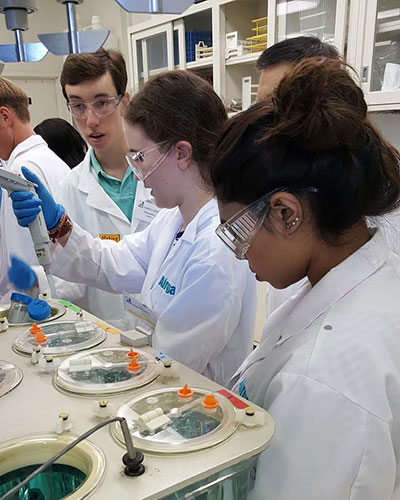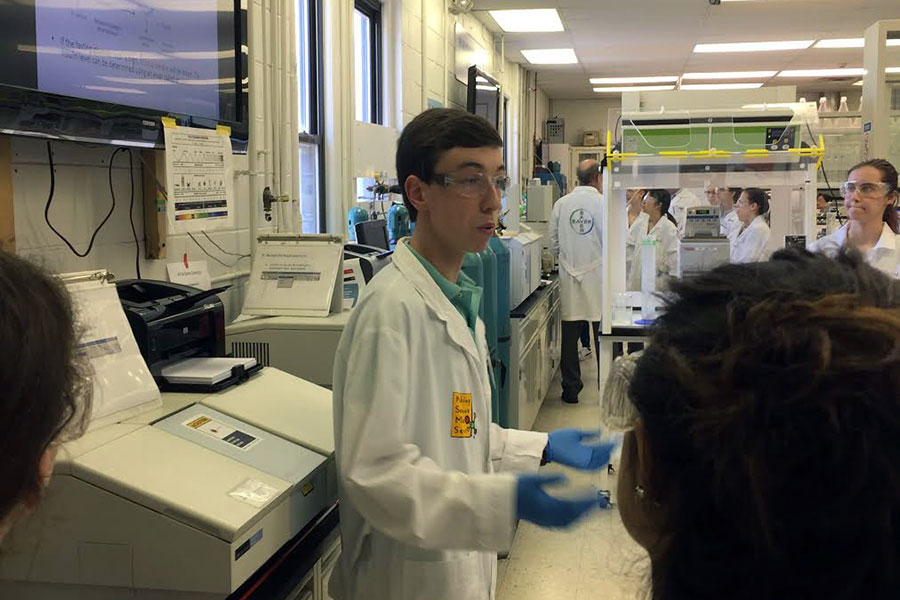Student Profiles
Harrison Kern
Class of 2021

My environmental humanities experiences at the University of Rochester have transformed my understanding of the relationship between science and society. During high school, I was fascinated with, and solely focused on, science which led me to apply to Students 2 Science for my senior capstone project. Students 2 Science is a non-profit organization with the goal of inspiring and motivating middle school and high school students from underprivileged and under-served areas of New Jersey to pursue careers in the Science, Technology, Engineering, and Math (STEM) fields. During my high school senior capstone project, I developed, tested, and taught experiments to high school students at Students 2 Science's state of the art laboratory.
My passion for science and research made the University of Rochester a perfect fit for me, and I planned on a course of study primarily focusing on the hard sciences. However, I took my first environmental humanities course during my freshman year—the Meliora Seminar, "Climate Futures"—and fell in love with the unique combination of material as well as the discussion-based exploration of issues. This experience broadened my understanding of the complexity of a humanities approach to climate change, leaving me with a thirst to learn more.
The following summer, after my first year at Rochester, I returned to intern at Students 2 Science and, with my new perspective, not only saw the organization in a whole new light but was also able to partake in outreach and interact with large pharmaceutical companies like Novartis. I combined my passion for science and the humanities during these events to address issues with both local and global effects. While Students 2 Science is addressing the lack of STEM degrees in America, I could now see how we were also bringing attention to and trying to solve other important issues such as inequality, wealth gap, and a lack of access to education. Additionally, I was helping this program provide an outlet for students to apply their innate interests and passions to address and discuss real world problems. Whether or not the Students 2 Science student-interns and I realized it at the time, we were taking humanities skills and applying them to science. I witnessed first hand, through my summer internship, how important science is today and will be in the future for solving many of the key scientific, as well as challenges the world faces. This is why I have decided to declare an EHU minor, a minor which will also help me learn communication and critical thinking skills, as well as help frame questions that don’t yet have answers which are directly applicable in my science major.

